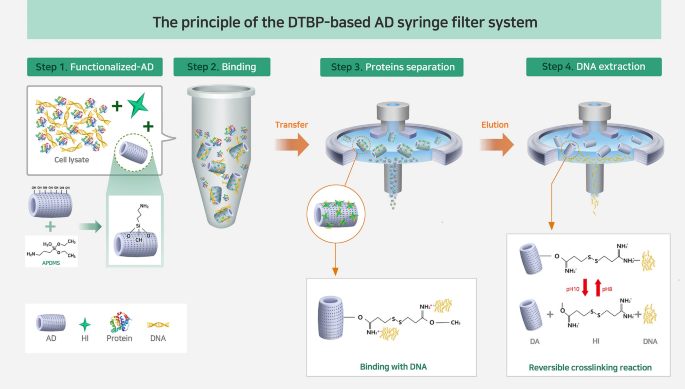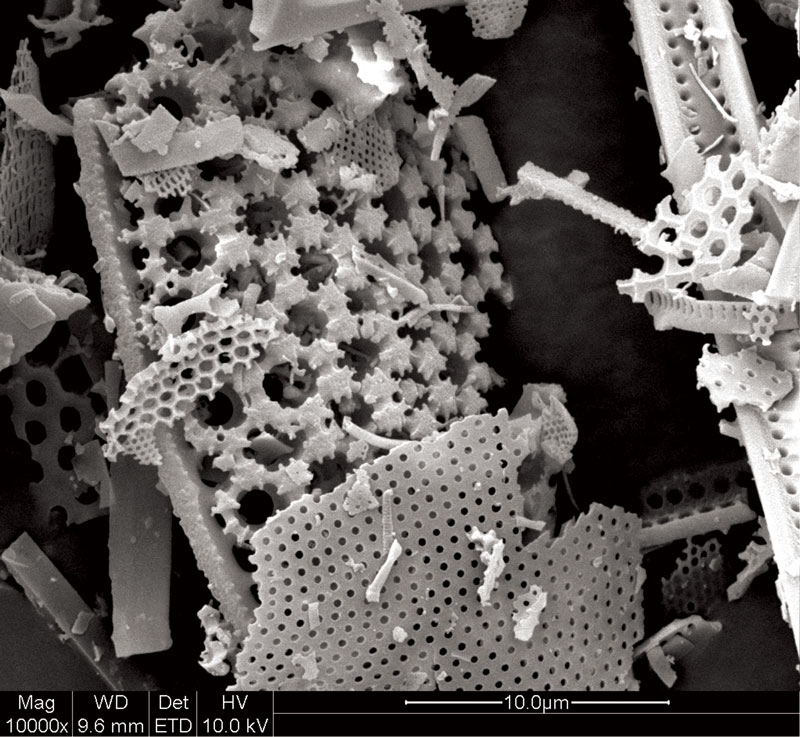The Cost-Effectiveness of Diatomaceous Earth Filtering in Water Purification
The Cost-Effectiveness of Diatomaceous Earth Filtering in Water Purification
Blog Article
Diatomaceous Earth Filtering: A Natural Service for Superior Water Filtration

Diatomaceous Planet (DE) filtering system has emerged as a compelling method for enhancing water purification, making use of the special buildings of fossilized diatoms. This natural filtering process records contaminations with impressive performance, providing an environmentally friendly option to traditional chemical treatments. As problems over water high quality escalate, comprehending the advantages and practical applications of DE filtering system becomes significantly relevant. What sets this method apart from standard filters, and just how might it reshape our approach to tidy water? Exploring these concerns discloses a much deeper understanding right into the potential of DE in modern water management.

What Is Diatomaceous Planet?
Diatomaceous planet (DE) is a normally happening, soft, stratified rock that is composed primarily of the fossilized remains of tiny marine microorganisms known as diatoms. These single-celled algae possess a special, silica-based cell wall that adds to the unique residential or commercial properties of DE. The rock is porous and generally light, allowing it to take in different substances successfully.

Because of its high porosity and absorbent capability, DE offers countless applications, including its usage in agriculture, parasite control, and, notably, water filtration. The efficiency of diatomaceous planet in filtering system is credited to its capability to trap and remove impurities from water, making it a significantly popular selection among those looking for natural filtering solutions. Its environment-friendly nature and adaptability even more boost its appeal throughout various markets.
How Diatomaceous Earth Filtering Functions
The unique structure of diatomaceous earth (DE) allows it to work as a reliable filtering tool in water purification systems (diatomaceous earth filtering). Made up of the fossilized remains of little, aquatic organisms known as diatoms, DE possesses a porous and extremely absorptive nature. This complex framework allows DE to catch contaminations and contaminants as water streams via it, effectively removing fragments as small as 1 micron
When water is travelled through a DE filter, the liquid runs into a network of microscopic pores that capture put on hold solids, germs, and other undesirable materials. The purification process takes place because of both mechanical and electrostatic communications, where bigger particles are literally entraped within the DE's matrix, while smaller sized bits may stick to the surface as a result of charged communications.
In addition, DE can be utilized in conjunction with other filtration methods to enhance total performance. As water continues to stream with the DE layer, it slowly ends up being more clear and cleaner, showcasing the medium's ability to improve water high quality without the requirement for rough chemicals. This natural filtration process highlights diatomaceous planet's duty as a reliable and lasting remedy for water filtration.
Advantages of Diatomaceous Earth Filtering
Performance in water purification is substantially enhanced through making use of diatomaceous earth (DE) filtering system, supplying many advantages that make it a recommended option for lots of applications. Among the primary benefits of DE filtering is its ability to eliminate a variety of pollutants, consisting of microscopic organisms, sediments, and even particular chemicals. This capacity makes sure that the water purified through this technique is not just clean yet likewise risk-free for intake.
Furthermore, DE filters have a high flow price, which enables quicker filtering contrasted to conventional techniques. This characteristic is especially advantageous for large-scale anonymous procedures such as local water therapy plants or swimming pools. Using DE likewise decreases the need for harsh chemical ingredients, advertising a more environmentally pleasant method to water filtration.
Furthermore, DE filtering system systems are relatively simple to keep, calling for less frequent replacement than various other filtering media. The natural origin of diatomaceous earth adds to its sustainability, making it an eco-conscious option. Overall, the combination of effectiveness, effectiveness, and environmental advantages positions diatomaceous earth filtering system as a leading remedy in the realm of water filtration.
Comparison With Standard Water Filters
When assessing water filtration techniques, diatomaceous planet filtering attracts attention in contrast to standard water filters. Typical water filters, such as turned on carbon or ceramic filters, primarily focus on removing pollutants via adsorption or physical obstacles. While these techniques are reliable for sure contaminations, they might not record smaller sized particles, germs, or viruses as effectively as diatomaceous earth (DE) filters.
Diatomaceous planet filtering system utilizes the unique structure of diatomite, composed of microscopic, permeable fossilized algae. This permits DE filters to catch particles as tiny as 1 micron, providing superior filtration capabilities. In addition, DE filters can take care of bigger quantities of water without substantial pressure loss, making them appropriate for both industrial and property applications.
In addition, diatomaceous planet is a lasting and all-natural product, positioning fewer ecological worries compared to some synthetic filter media. In comparison, conventional filters usually call for regular replacement and disposal, causing boosted waste.
Applications and Utilize Cases
Diatomaceous earth (DE) filtering system has a diverse variety of applications throughout various industries as a result of its reliable filtration capacities. One of one of the most famous uses of DE is in the food and drink industry, where it acts as a filtration medium for white wine, juice, and beer production. Its permeable framework effectively removes pollutants, guaranteeing a clear and palatable last product.
In the realm of swimming pool upkeep, DE filters are preferred for their capability to trap fine bits, supplying remarkable water quality contrasted to traditional sand filters. Furthermore, DE is utilized in local water therapy centers, where it aids in the elimination of suspended solids, germs, and various other pollutants, contributing to safe drinking water.

Beyond water purification, diatomaceous earth finds applications in the agricultural sector as an all-natural pesticide and soil change, advertising much healthier crops while decreasing chemical use. Its absorptive residential or commercial properties make it useful in numerous commercial procedures, including oil spill clean-ups and as a filler in building materials. Overall, the versatility of diatomaceous planet filtering placements it as a see this page valuable option for boosting water top quality across multiple domains.
Conclusion
Diatomaceous earth filtering represents a lasting and efficient method for water filtration. As recognition of water quality concerns grows, the adoption of diatomaceous planet filters in numerous applications is most likely to boost, adding to improved public wellness and eco-friendly conservation.
Diatomaceous Planet (DE) filtering system has arised as a compelling approach for boosting water filtration, using the one-of-a-kind buildings of fossilized diatoms. As water proceeds to stream via the DE layer, it gradually ends up being more clear and cleaner, showcasing the tool's ability to boost water top quality without the need for extreme chemicals.Efficiency in water purification is substantially improved with the usage of diatomaceous earth (DE) filtering, providing numerous benefits that make it a favored Discover More Here option for several applications.When examining water filtration techniques, diatomaceous earth filtering stands out in contrast to typical water filters. Typical water filters, such as turned on carbon or ceramic filters, mostly focus on getting rid of pollutants with adsorption or physical obstacles.
Report this page